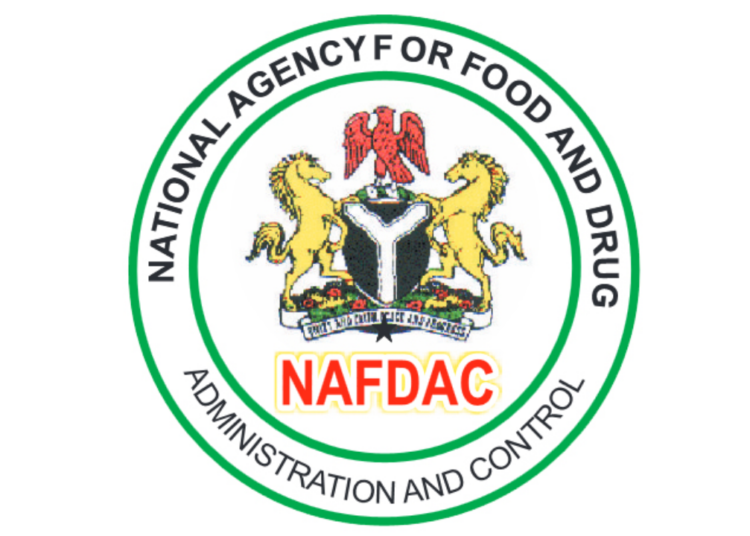National Agency for Food and Drug Administration and Control (NAFDAC) has reiterated that 70 per cent of medicines used in Nigeria come from outside the country.
This is even as the agency has established a pre-shipment testing scheme that has stopped over 124 products that were approved from coming into the Nigerian market.
The director general, NAFDAC, Prof Mojisola Adeyeye, who disclosed this at a stakeholders meeting organised by NAFDAC in Lagos, posited that NAFDAC operatives are not just going on the streets to look for substandard falsified medicines, but also going after products that have been approved in Southeast Asia en route Nigeria.
According to her, some of the substandard and falsified medicines do not have content; some will not disintegrate; some will not dissolve; some of them have wrong labelling and all sorts of non-compliance, adding that the agency is dealing with that now with the World Health Organisation (WHO).
Adeyeye further disclosed that most of the products stopped from coming into the Nigeria market have fake certificates of pharmaceutical products. Noting that it takes two to tango, Adeyeye opined that it’s not just India bringing substandard falsified medicines to us, ‘’it is us; Nigerians that connive with them to bring in cheap products at the detriment of lives in Nigeria’’.
Furthermore, she disclosed that over 124 shipments have been stopped, adding that these are products that had been approved, that could have been in circulation in Nigeria for five years. “So, if ten containers per year for one particular product or two containers per year should find their way into Nigeria, you can figure out what the consequences might be,” she said.
The NAFDAC boss, however, announced the beginning of a new regulatory directive with emphasis on the source of raw materials used in the production process. For those that are registering new products, she said they must procure raw materials from approved sources like WHO Prequalified sources, FDA, or other stringent regulatory authorities. ‘’If you don’t source from a prequalified source, we will not register the product,’’ she added.
She, however, dispelled the news going around, over the alleged proliferation of fake drugs in the country, saying the proliferation news that has been going on is false.
‘’There is no proliferation of substandard medicines. We do national surveys, sampling of products using scientific methods from different parts of the country,’’ she said, adding that the survey was done in 2021 and 2022 for anti-malaria with a 10 per cent prevalence level.
“We couldn’t do it in 2020 due to the COVID-19 Pandemic.” She explained further, ‘’If you live very close to the border where people come in and out the prevalence may be higher there. That’s statistics. The average is about 10 per cent,’’ she said, insisting that proliferation is not synonymous with shortage because the two words are now used together. ‘’The fact that we have a shortage of medicines does not mean there is a proliferation of substandard falsified medicines. The survey for 2023 is not ready yet. We will publish 2021 and 2022,’’ she said.
The DG noted that the pharmaceutical supply chain plays a vital role in ensuring that safe, quality, and efficacious medicines reach the end users, adding that there is therefore a need to foster complementary partnerships that will seek to identify lapses in the supply chain system to improve the chances of winning the war on substandard and falsified medical products in Nigeria.
‘’We have formal and informal markets. Do not buy medicines from the informal market. We do a lot of raids in Oke- Arin, Idumota markets Lagos, Onitsha head bridge where you can buy a product maybe 50 per cent or 80 per cent cheaper because of low quality,’’ she added, noting that the state of the economy shouldn’t be an excuse for people to buy poison under the guise of cheap products.
‘’I enjoin you to sustain your support to NAFDAC to ensure that only safe, efficacious, and quality medicines are used in Nigeria. NAFDAC, as the regulatory agency, is seeking the support of all stakeholders in the pharma industry and supply chain system to improve our chances of winning the war on SF medical products,’’ she said.
We’ve got the edge. Get real-time reports, breaking scoops, and exclusive angles delivered straight to your phone. Don’t settle for stale news. Join LEADERSHIP NEWS on WhatsApp for 24/7 updates →
Join Our WhatsApp Channel










